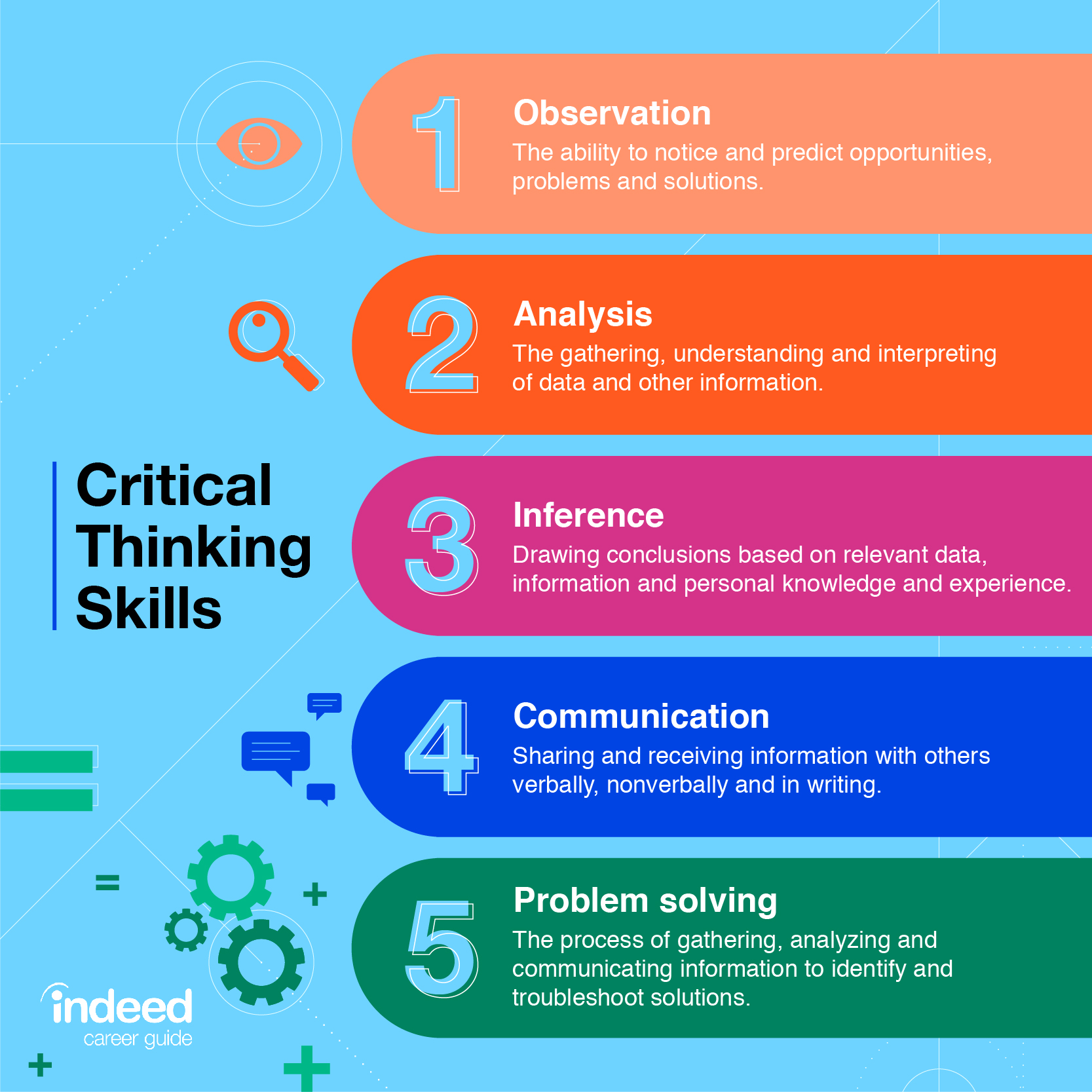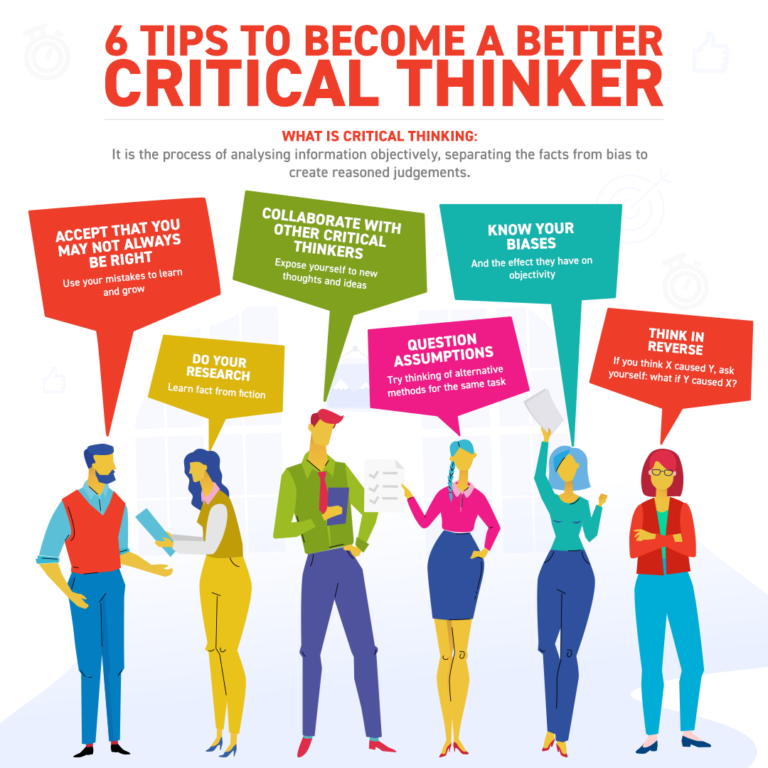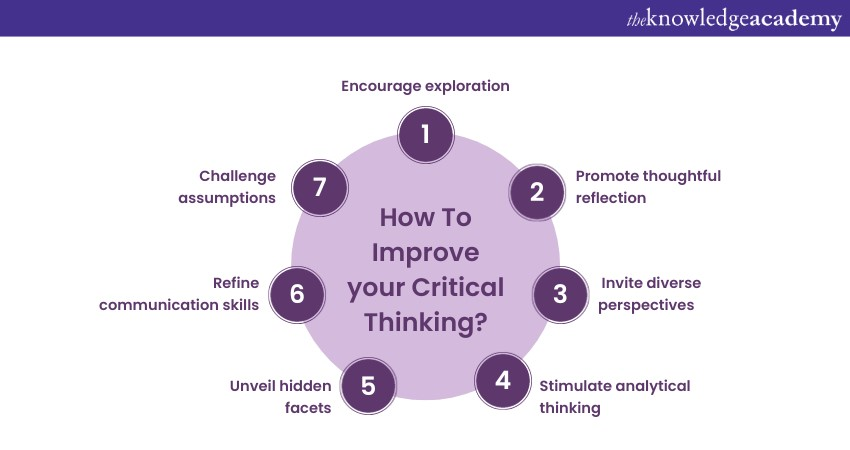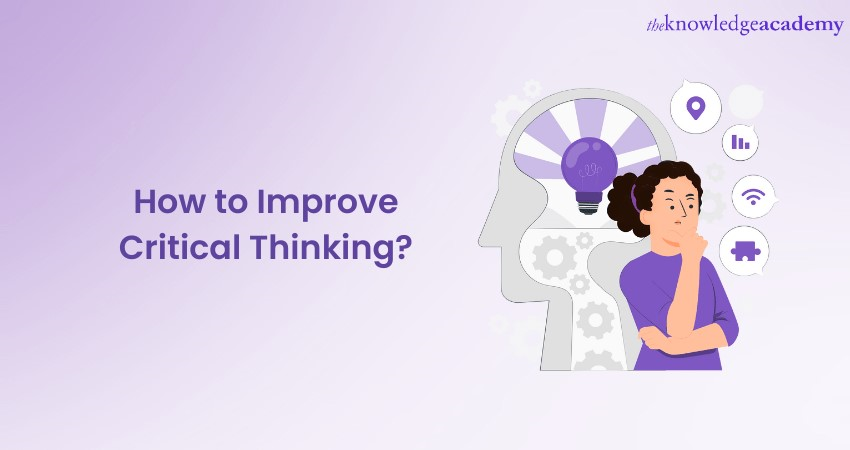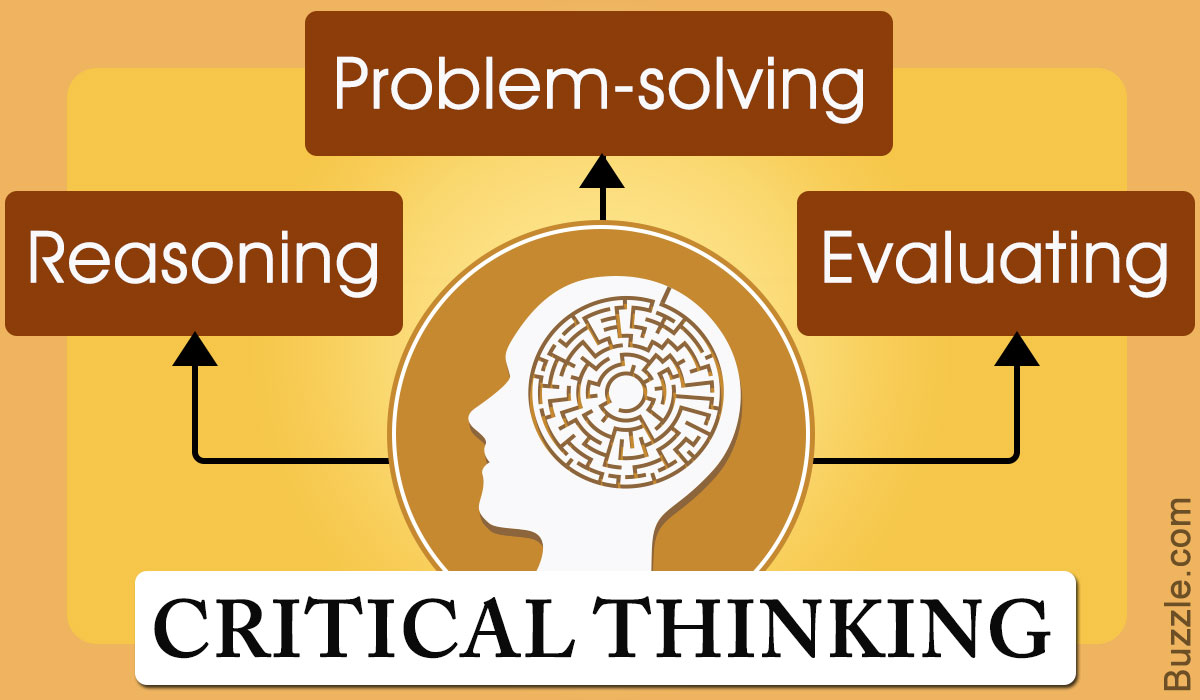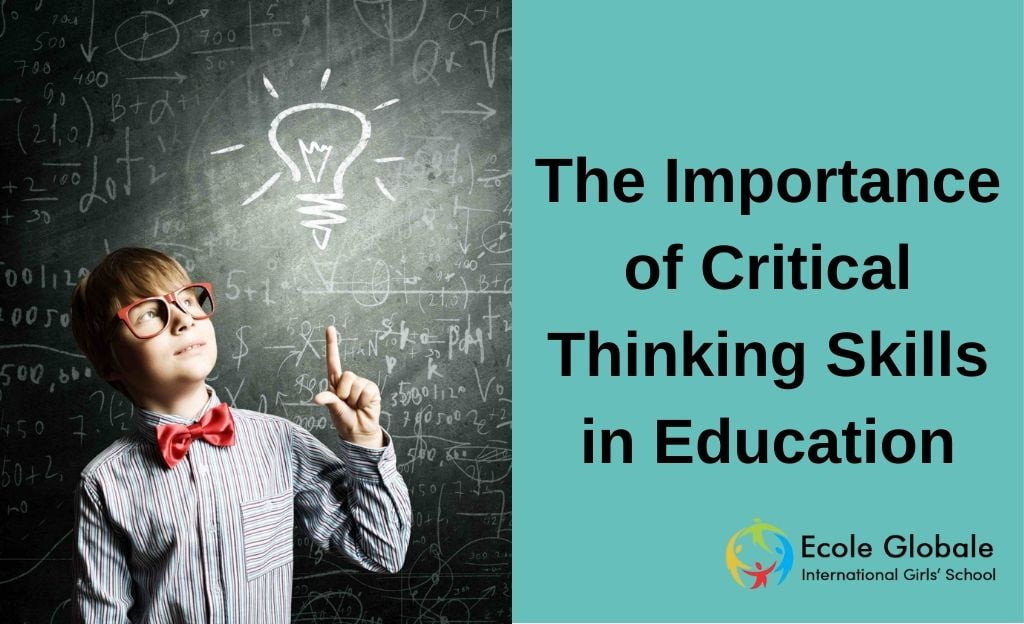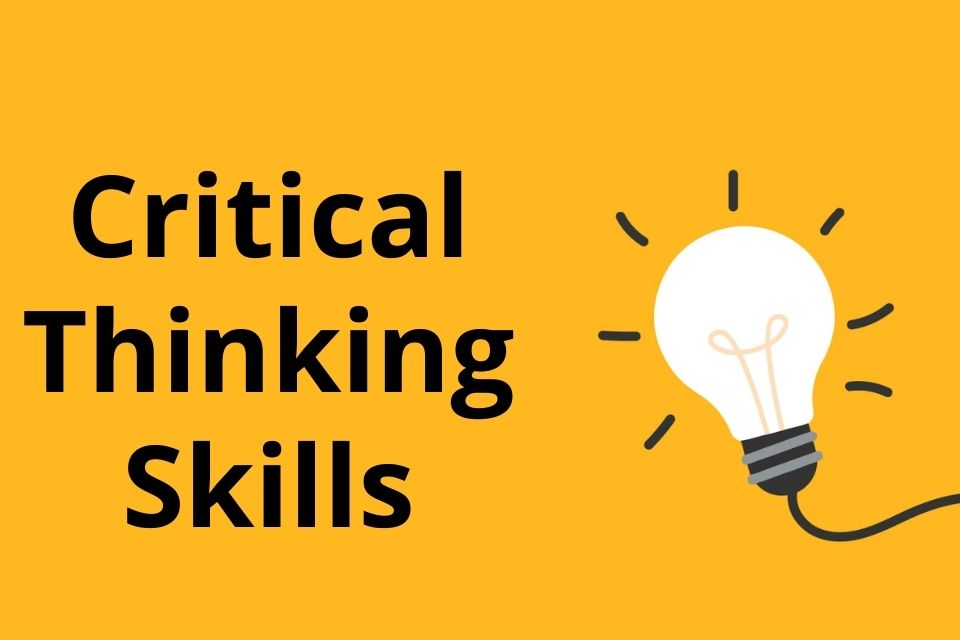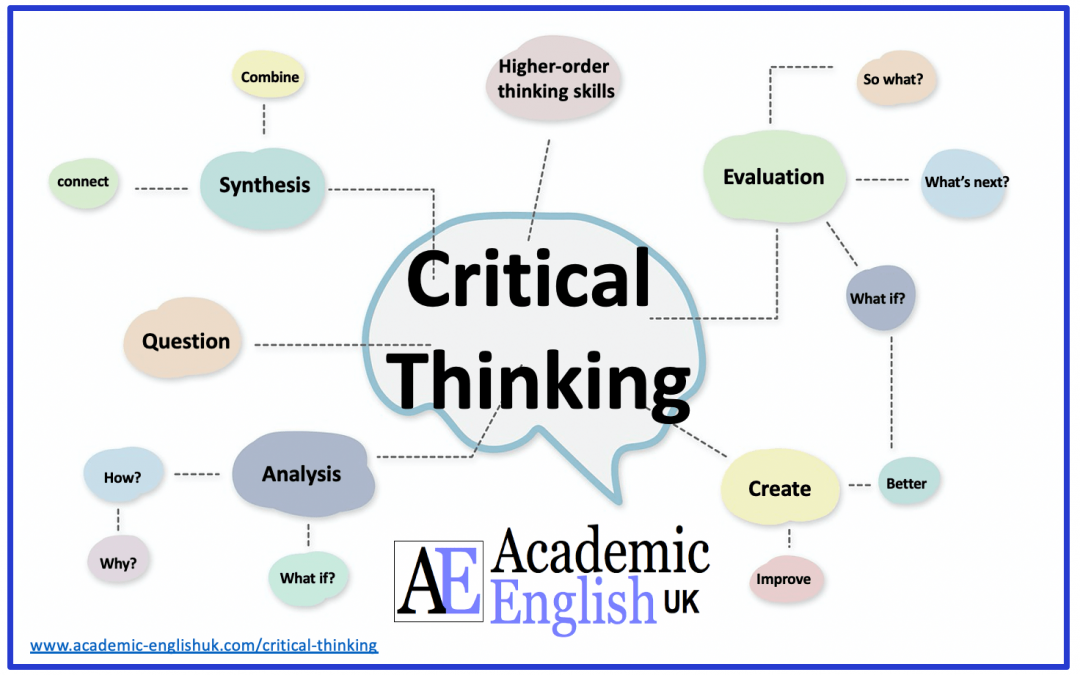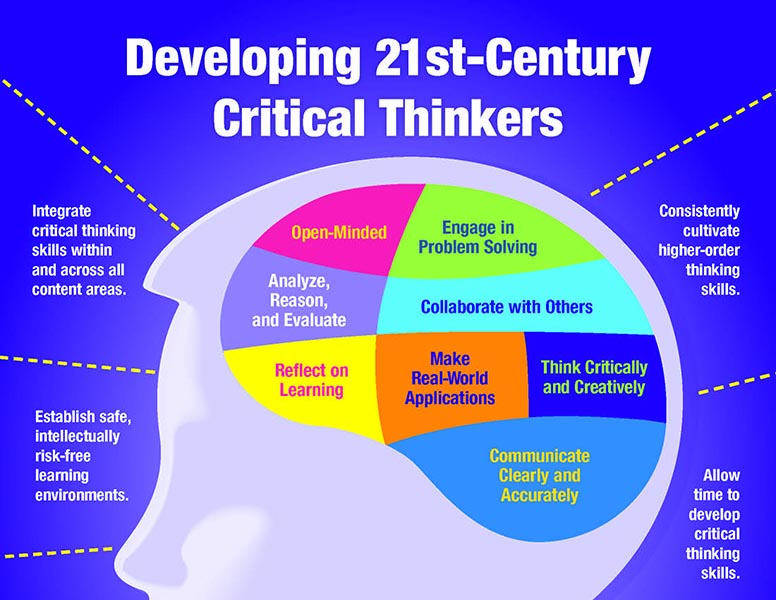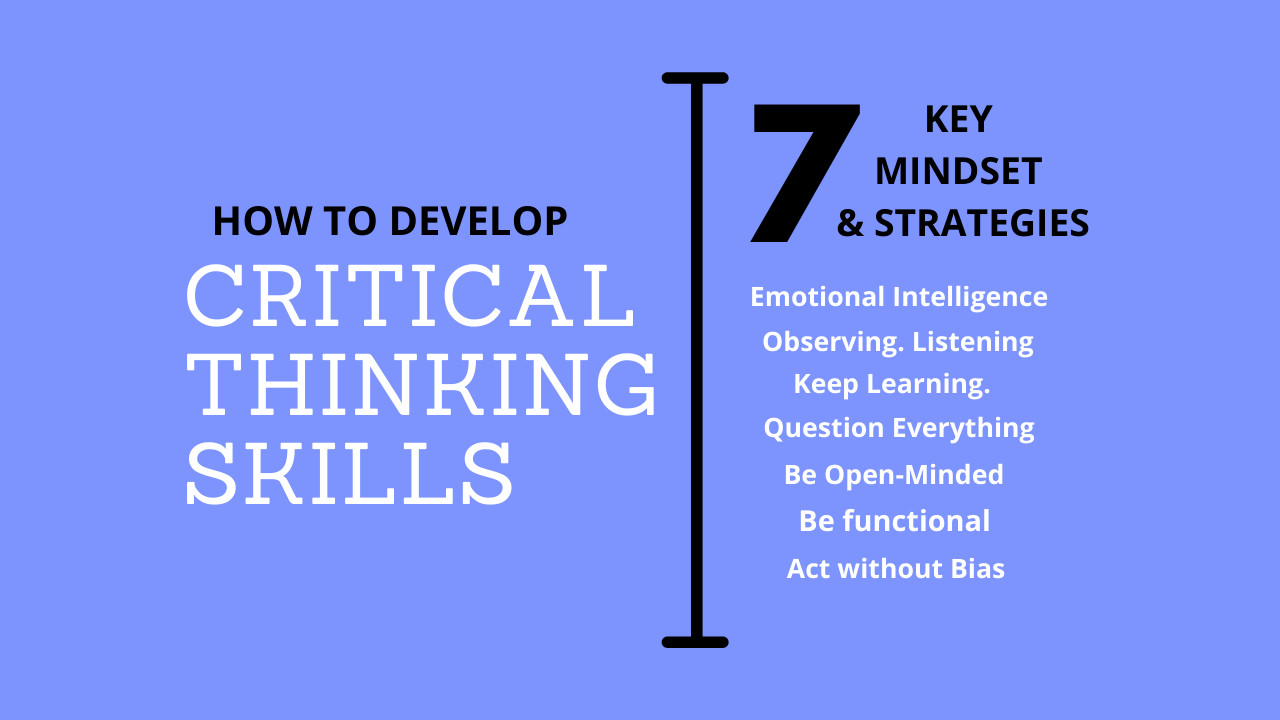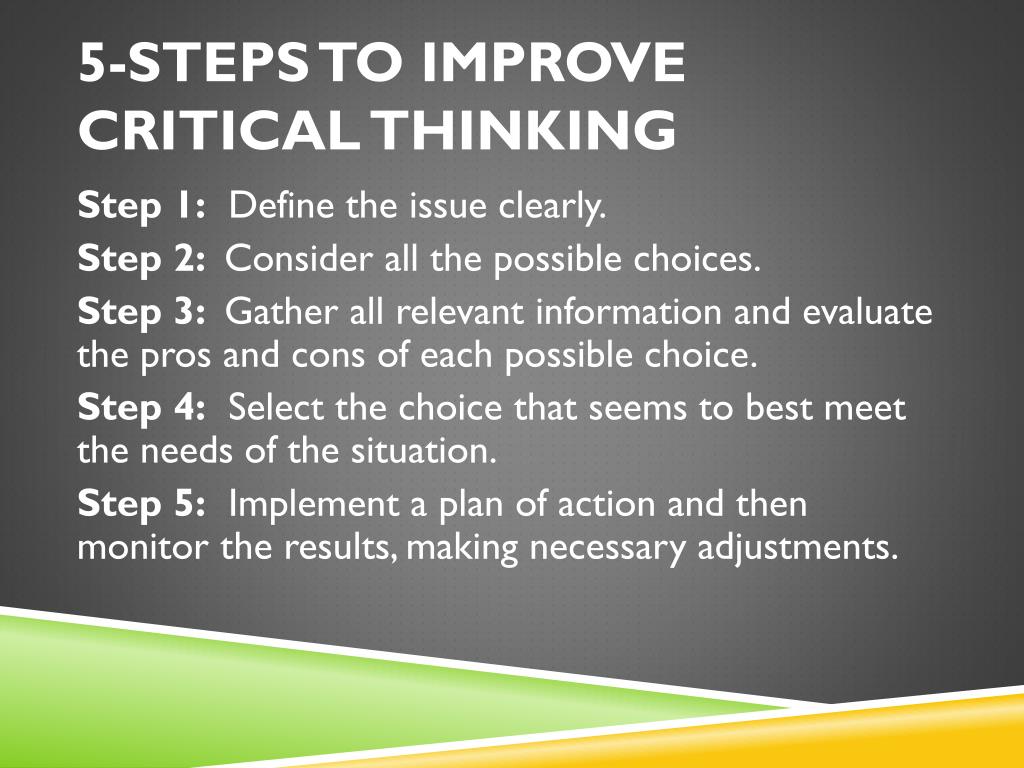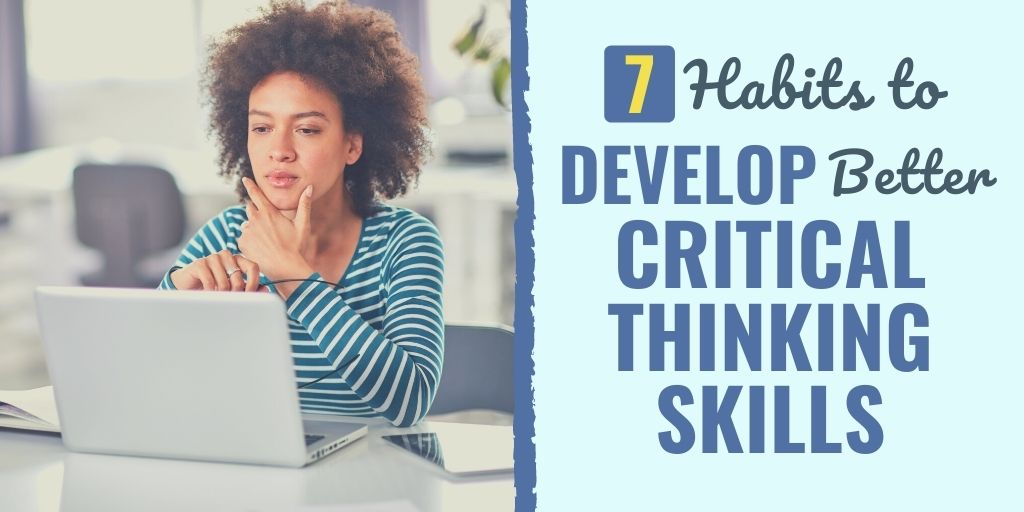How To Improve Critical Thinking Skills

Imagine yourself standing at a crossroads, each path shrouded in mist. A signpost points in multiple directions, but the inscriptions are faded and unclear. You need to choose, but how? This is the daily reality we face when confronted with complex decisions, conflicting information, and a world that demands more than just rote memorization.
At the heart of navigating this intricate landscape lies critical thinking – the ability to analyze information objectively and form a reasoned judgment. This article will guide you through practical strategies and techniques to hone your critical thinking skills, enabling you to make sound decisions, solve problems effectively, and navigate the complexities of modern life with confidence.
Understanding the Foundation
Critical thinking isn't about being critical or negative. It is about being clear and objective.
It’s a deliberate mental process that involves analyzing, evaluating, interpreting, and synthesizing information. It involves asking questions, examining assumptions, and considering multiple perspectives before reaching a conclusion.
As Dr. Linda Elder, an educational psychologist and leading authority in critical thinking, explains, "Critical thinking is the art of analyzing and evaluating thinking with a view to improving it."
Cultivating a Questioning Mindset
The first step toward improving critical thinking is to cultivate a questioning mindset.
Avoid passive acceptance of information. Instead, challenge assumptions, seek evidence, and consider alternative interpretations.
Ask yourself: What evidence supports this claim? What are the potential biases involved? Are there other possible explanations?
Sharpening Analytical Skills
Analytical skills are essential for breaking down complex information into manageable parts.
Practice identifying patterns, connections, and inconsistencies in data.
One helpful technique is to use mind maps or flowcharts to visually represent relationships between different concepts. Look for the underlying assumptions.
Enhancing Problem-Solving Abilities
Critical thinking is fundamentally about problem-solving.
When faced with a challenge, define the problem clearly, brainstorm potential solutions, and evaluate the pros and cons of each option.
Consider the potential consequences of each solution and choose the one that is most likely to achieve the desired outcome.
Seeking Diverse Perspectives
Confirmation bias, the tendency to favor information that confirms existing beliefs, is a significant obstacle to critical thinking.
Actively seek out diverse perspectives and be willing to challenge your own assumptions. Engage in discussions with people who hold different viewpoints.
Reading books, articles, and blog posts from various sources can broaden your understanding and expose you to new ideas.
Practicing Active Listening
Effective communication is crucial for critical thinking.
Practice active listening by paying attention to what others are saying, asking clarifying questions, and summarizing their points to ensure understanding.
This will not only improve your comprehension but also help you identify any flaws in their reasoning.
Evaluating Information Sources
In the age of information overload, it’s essential to be discerning about the sources you rely on.
Consider the credibility of the source, its potential biases, and whether the information is supported by evidence.
Fact-checking websites and reputable news organizations can help you distinguish between reliable and unreliable information.
Putting It All Together
Improving critical thinking skills is an ongoing process that requires dedication and practice. Incorporate these strategies into your daily life, and you'll gradually develop the ability to think more clearly, make better decisions, and navigate the complexities of the world with greater confidence.
It's about adopting a mindset of intellectual curiosity. This helps with growth and understanding.
Remember, the goal is not to be right all the time, but to be thoughtful and reasoned in your approach. By embracing critical thinking, you empower yourself to become a more informed, engaged, and effective citizen.
